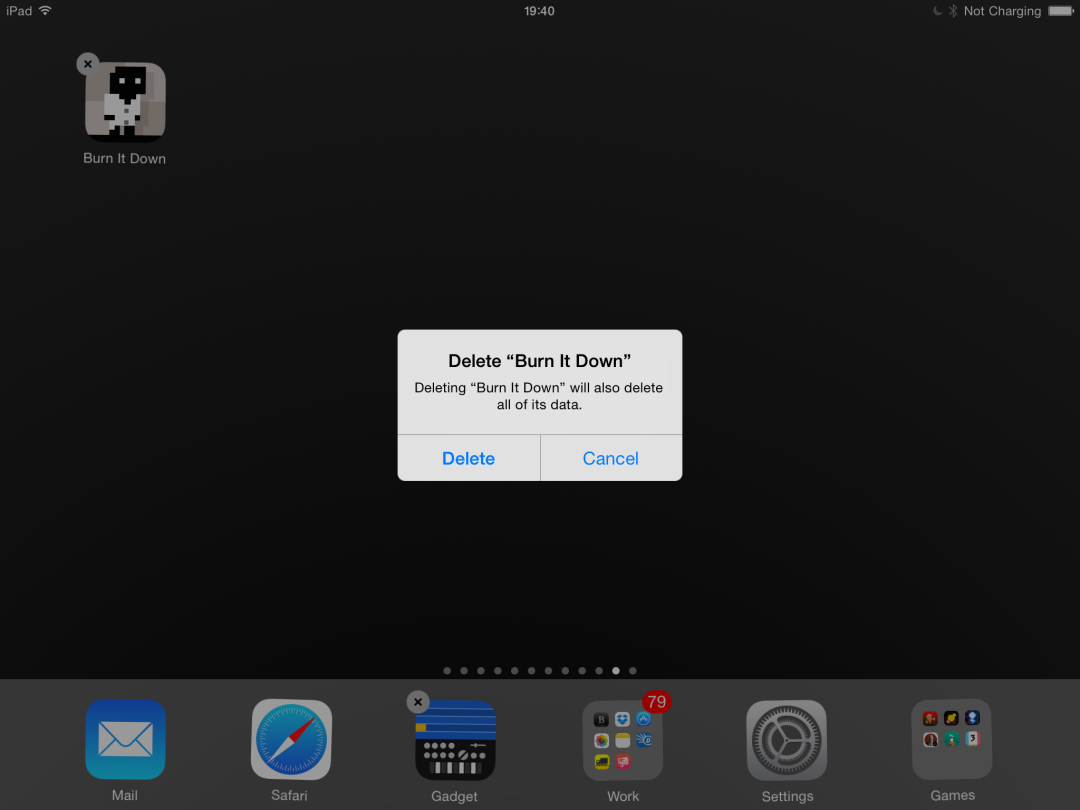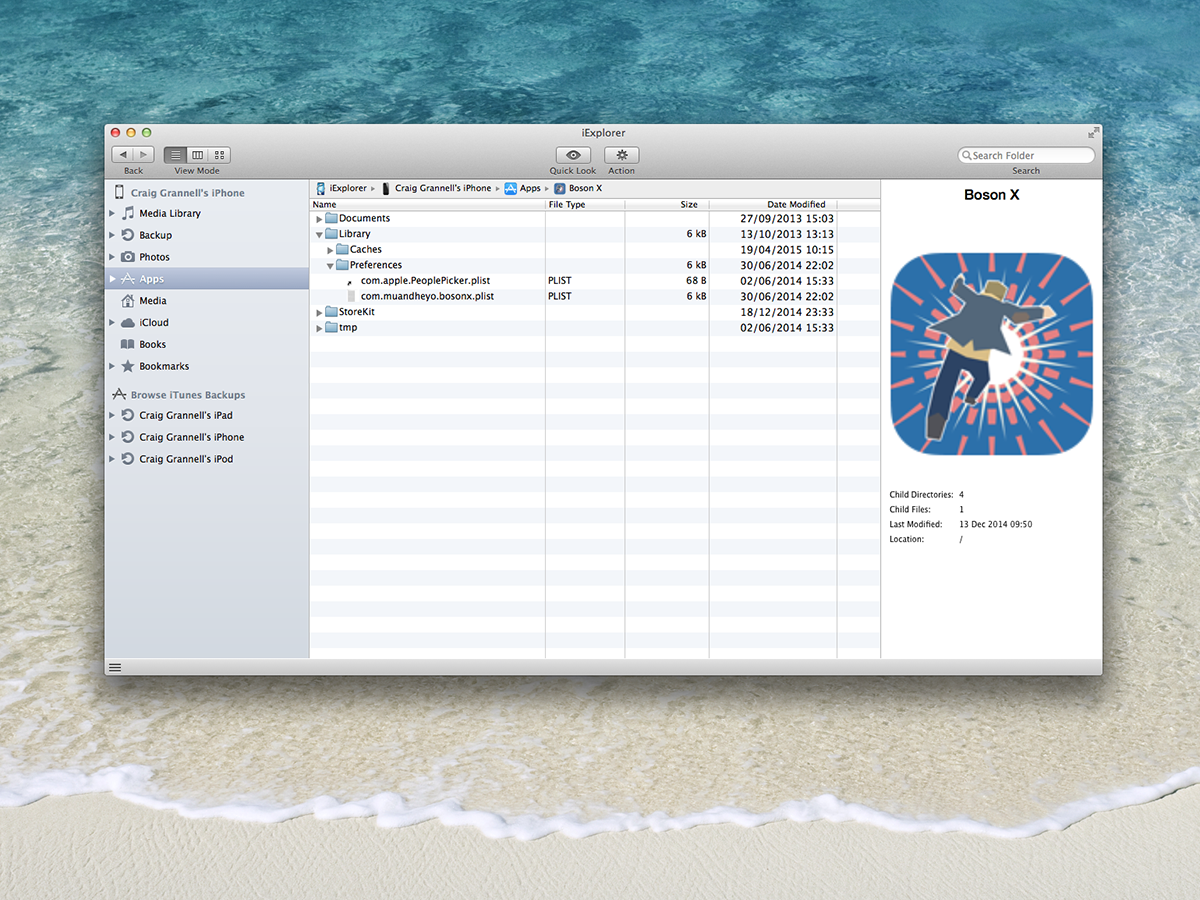Apple locks up gaming in iOS 8.3: Android could benefit, but gaming won’t
With Apple’s latest update, delete a game and your progress is gone, forever

Apple’s scorched-earth policy regarding iOS app deletion has always been intensely annoying. Start the process of removing an app and your device helpfully reminds you tapping ‘delete’ will take all of the app’s data with it. This is great if you actually want that to happen, but chances are you quite often don’t.
Take games. You might spend many months trudging around an alien spacecraft, narrowly avoiding getting your face torn off by irate xenomorphs. Or you might spend weeks painstakingly progressing through a tough puzzler, adventure, or RPG. But the second you delete that game from your iOS device, everything you’ve achieved is probably gone for good.
I say ‘probably’ because some iOS developers make use of systems that back-up progress in some way, either to iCloud or a bespoke third-party system. If you’re especially fortunate, not only will the state of your game be restored on a reinstall, but it’ll also sync between multiple devices. The tiny snag is almost no iOS games actually do this, for presumably highly technical reasons or developers making the assumption if you delete a game, you never want to see it again. But modern iOS devices have relatively stingy storage, while high-end iOS games continue to balloon into several GB when installed.
If you want to keep trying new things — or even use your device in a normal manner without it blaring every five minutes that it’s almost full — there comes a point when that behemoth console-style title has to bite the dust, your progress being nuked along with it.
Prior to iOS 8.3, there was at least a way to circumvent this madness. Cunning developers created desktop apps that could peer into and manipulate an app’s sandbox — its Documents and Library folders holding the precious data of your in-game exploits. You could make copies of these folders, safeguarding your progress; and you could ‘sideload’ them back again, restoring where you’d gotten to during a reinstall, on a new or different device, or when an iPhone or iPad suffered a factory reset.
The problem is Apple presumably saw this as a security risk and has finally done something about it, locking everyone out entirely. Now, the aforementioned desktop products see empty folders, and there’s no way to relatively quickly and easily transfer progress to safe storage or between devices.

Admittedly, this is edge-case stuff, but when I wrote about the problem on my blog and Twitter, the response was uniformly negative. And searches online about the subject show a number of iOS gamers saying they’ll move to Android purely because of this change. Some game developers, caught in the middle, are probably wondering why everyone’s so angry all of a sudden.
To be fair to Apple, sandbox visibility offered the potential for more nefarious uses. Poorly constructed apps could be ‘hacked’ to give you ALL OF THE IN-GAME CURRENCY. Dodgy ROMs could be injected into equally dodgy emulators that somehow briefly found their way on to the App Store. But in using a sledgehammer to bludgeon to death this particular walnut, the result isn’t positive for Apple and gaming, nor does it benefit gaming as a whole.
It’s likely at least some people will make good on their threat to leap to Android, and many of those will be dedicated gamers sick of Apple not so much erecting a walled garden this time round as painting all the windows and installing massive locks everywhere. That might give Android gaming a tiny uptick, but that’s currently a platform considered second-best by game developers because too many Android users bellow OPEN at the top of their lungs and refuse to pay for anything.
The main knock-on effect could therefore be yet more affirmation that we live in an age of truly transient media. Everything becomes disposable and fleeting, lacking in permanence. When I interviewed a comics-app creator recently, he told me his children just don’t care about keeping stacks of anything, largely because there’s always so much to experience. Maybe the entire notion of collecting will soon vanish along with the physical media it was most associated with.
But in that world, you’re increasingly reliant on immediacy rather than depth, and on the throwaway and relatively unimportant rather than dedication and investment. For the most trivial in-the-moment communications, that might be fine, but if gaming isn’t to end up being the interactive entertainment equivalent of fast-food, everyone must do better — especially Apple and those that develop for its devices.
The phrase ‘it just works’ is often used to describe Apple products; regarding keeping a game’s progress safe, it’s about time it did just work.
